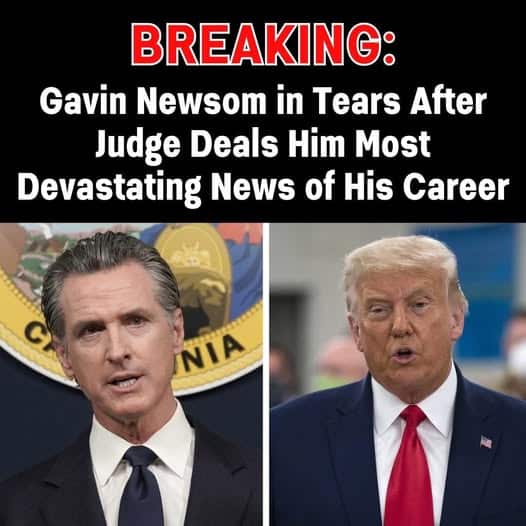Appeals Court Ruling Bolsters Executive Power in National Guard Deployment Dispute
A major constitutional clash over presidential authority and state sovereignty has taken a new turn, with the 9th U.S. Circuit Court of Appeals granting temporary relief to the Trump administration in its battle over the domestic deployment of National Guard troops.
The ruling, brief in length but heavy in implication, has reignited debate over the limits of executive power, the role of the military in civilian affairs, and the delicate balance between security and civil liberties.
What the Court Decided
On Thursday, a three-judge panel — including two Trump appointees and one Biden appointee — issued an administrative stay lifting restrictions imposed by U.S. District Judge Charles Breyer.
Breyer had ruled that the Guard’s participation in certain law enforcement tasks in Los Angeles violated the Posse Comitatus Act of 1878, which restricts federal troops from policing on U.S. soil. He allowed Guard troops to protect federal facilities but barred them from making arrests or conducting crowd control.
The appeals court stressed its decision was procedural only — not a judgment on the merits — but it preserves the administration’s operational freedom until a fuller review is completed.
The Stakes Behind the Dispute
-
Federal Argument: Administration lawyers argue that restricting Guard operations interferes with the president’s constitutional powers as Commander in Chief, jeopardizes public safety, and risks leaving federal officers vulnerable.
-
State Argument: California leaders, including Governor Gavin Newsom, insist the deployment violates state sovereignty and proper federalization procedures, warning of creeping militarization in civilian policing.
At the heart of the conflict lies the Posse Comitatus Act, born in the aftermath of Reconstruction, and now tested in the context of 21st-century unrest and security crises.
From Protests to Precedent
The deployment originated in June, when thousands of Guard members and Marines were sent to Los Angeles in response to escalating protests that federal officials described as riots. Though most troops have since withdrawn, about 300 remain — the focal point of this legal and political standoff.
The dispute has quickly grown beyond Los Angeles. Parallel challenges are surfacing in Washington, D.C., and other Democratic-led cities, raising the prospect that the Supreme Court may ultimately need to define the outer limits of presidential power in domestic military operations.
Broader Implications
This fight is about more than troop deployments. It touches fundamental questions:
-
How far can presidents go in invoking emergency powers?
-
Where is the line between security and liberty?
-
Who decides — courts, states, or the Commander in Chief?
With midterm elections on the horizon, both parties are seizing the narrative. Republicans frame the deployments as toughness against lawlessness; Democrats warn of federal overreach and political theater.
A Test for American Governance
The 9th Circuit’s ruling is only a pause in a much larger legal drama. Yet already it signals that the battle over federal military authority in civilian spaces will shape not only immediate security policy but also long-term constitutional precedent.
As history shows, the hardest tests of governance emerge in moments of crisis. The outcome of this case may determine not just how the Guard is used in Los Angeles, but how America defines the boundaries of power between president, state, and citizen in an age of polarization and unrest.
